No article found or not published for this site.
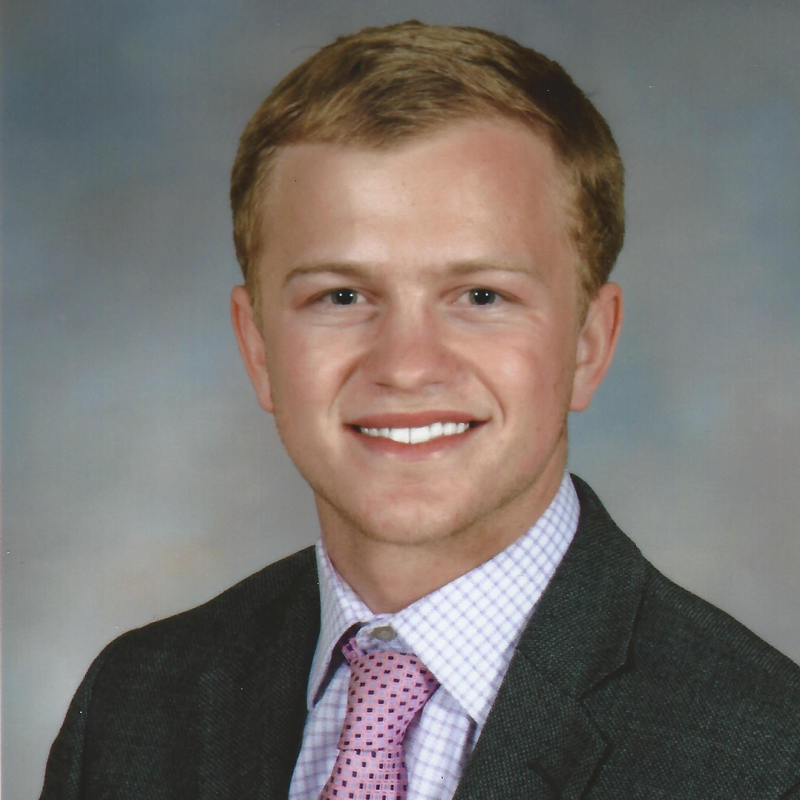
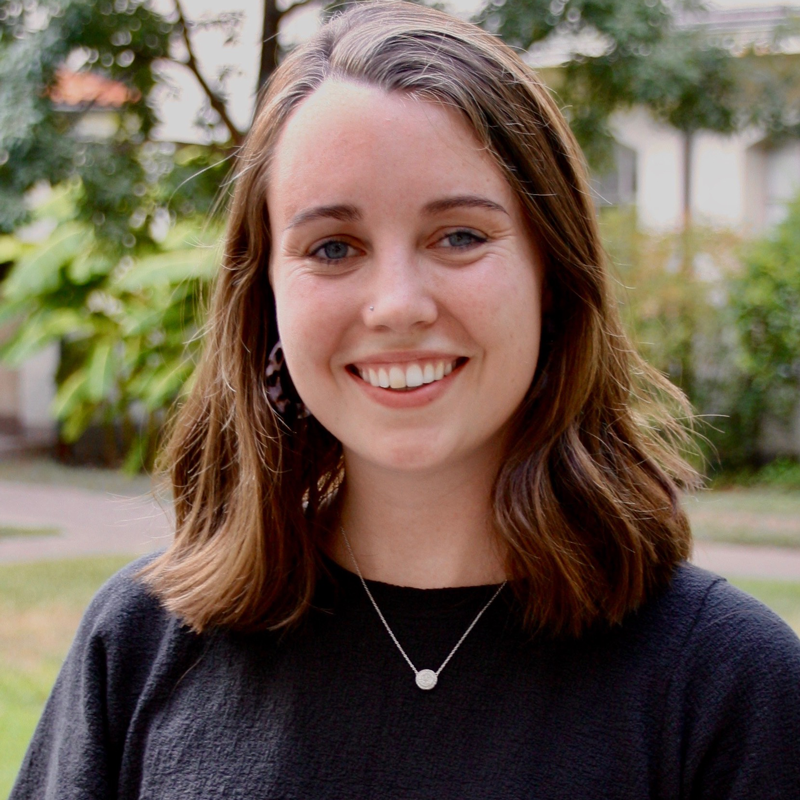
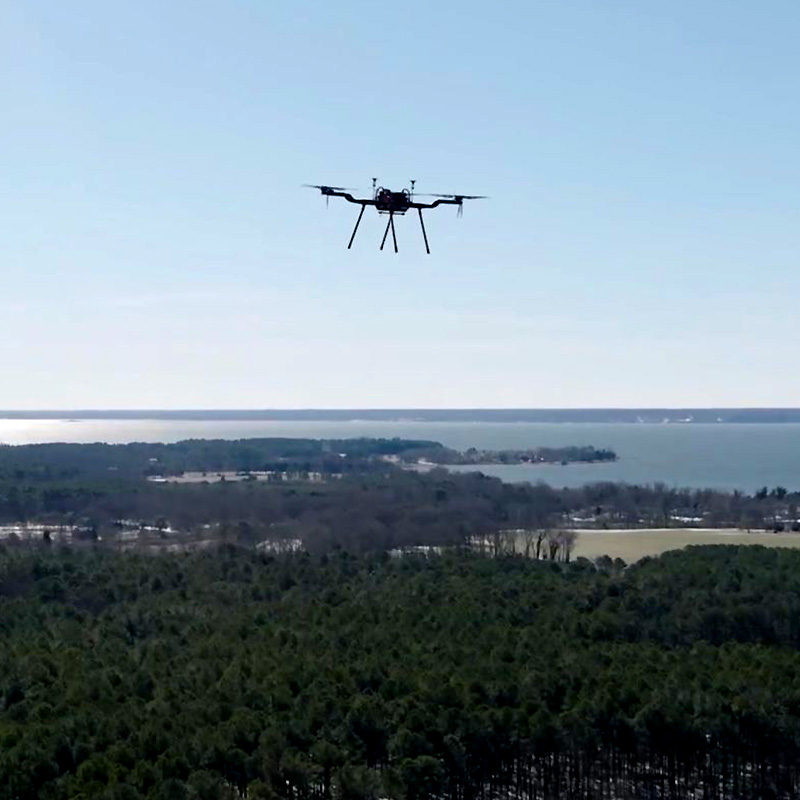
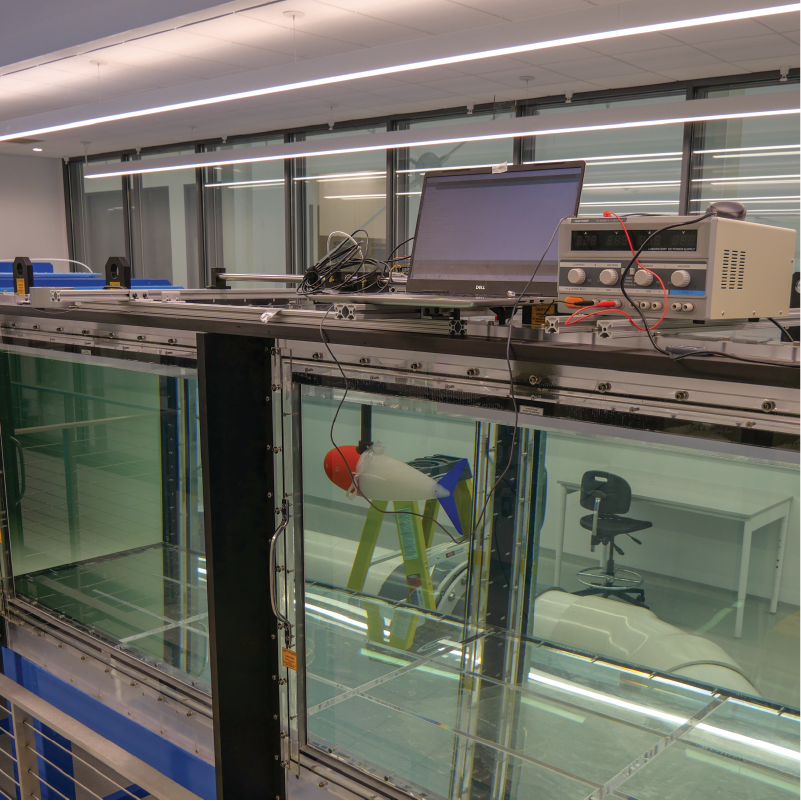
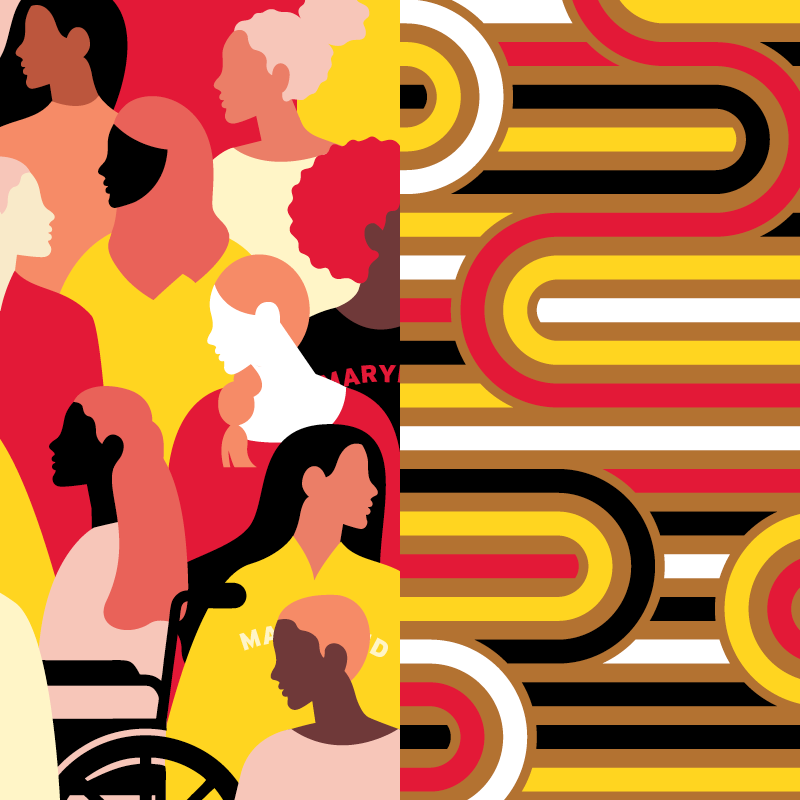
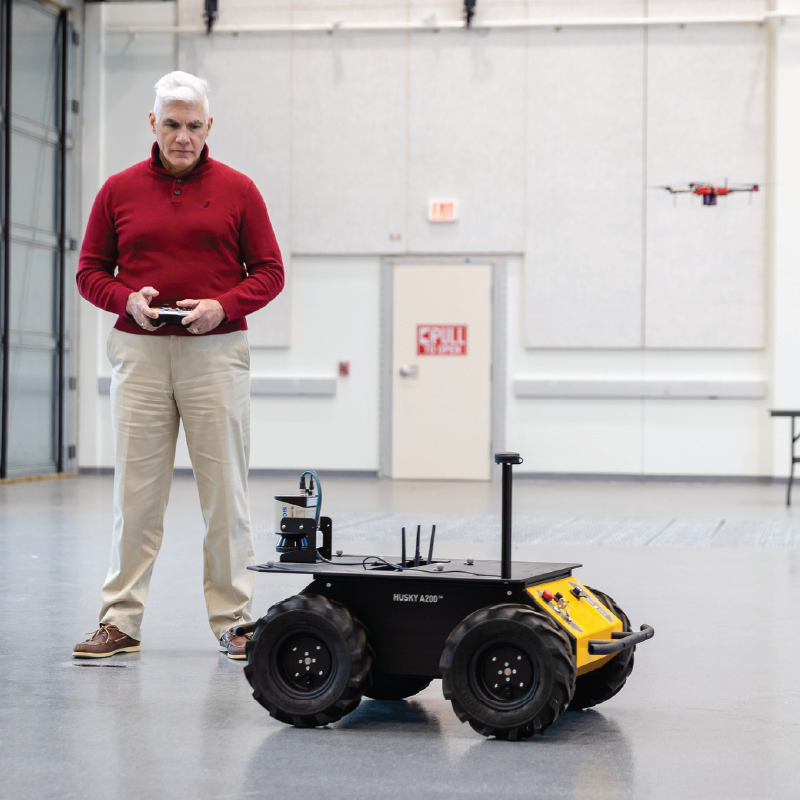
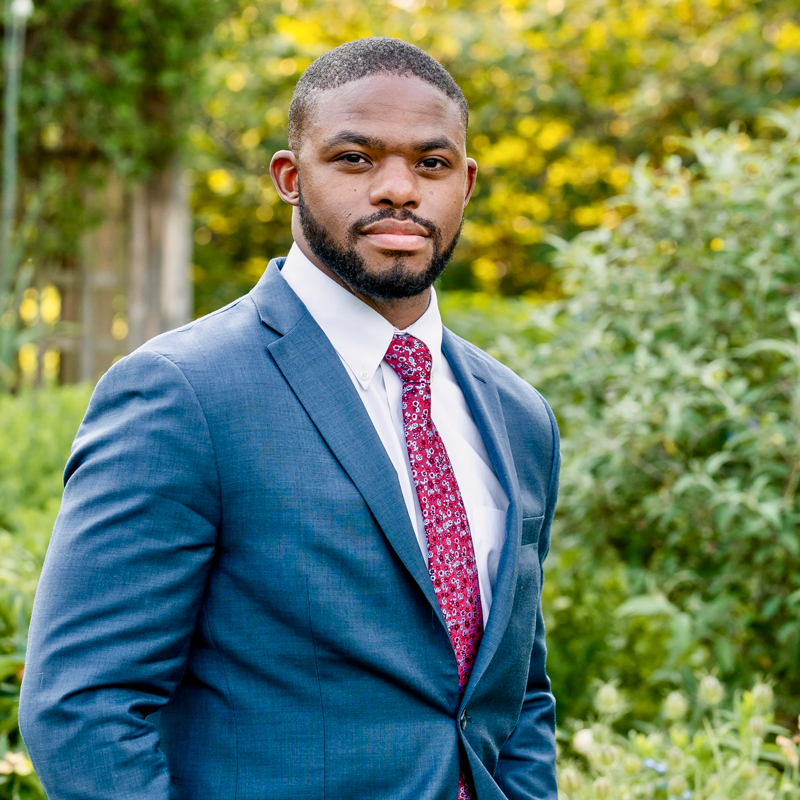
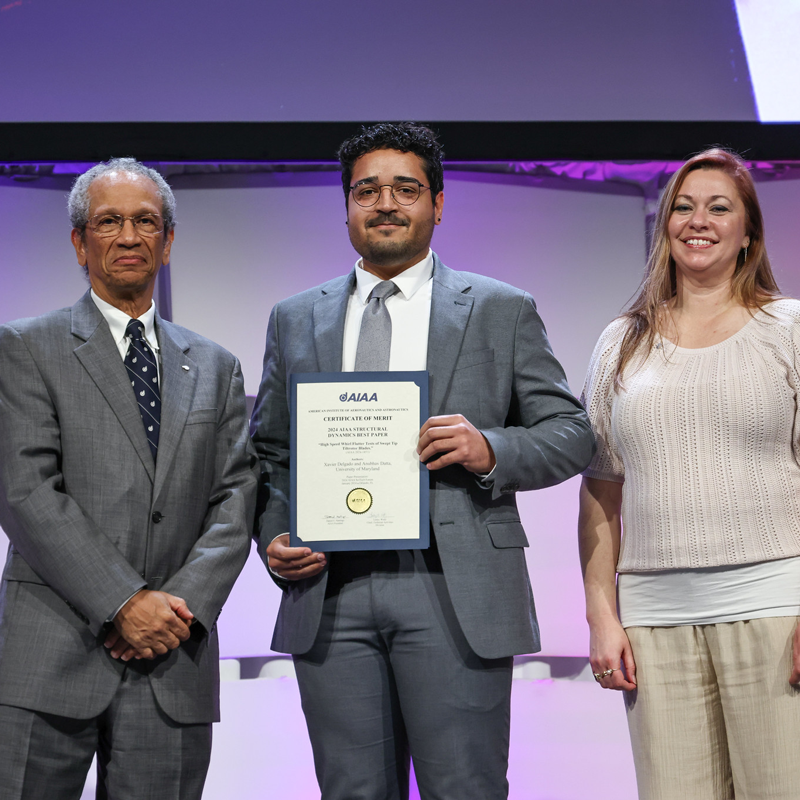
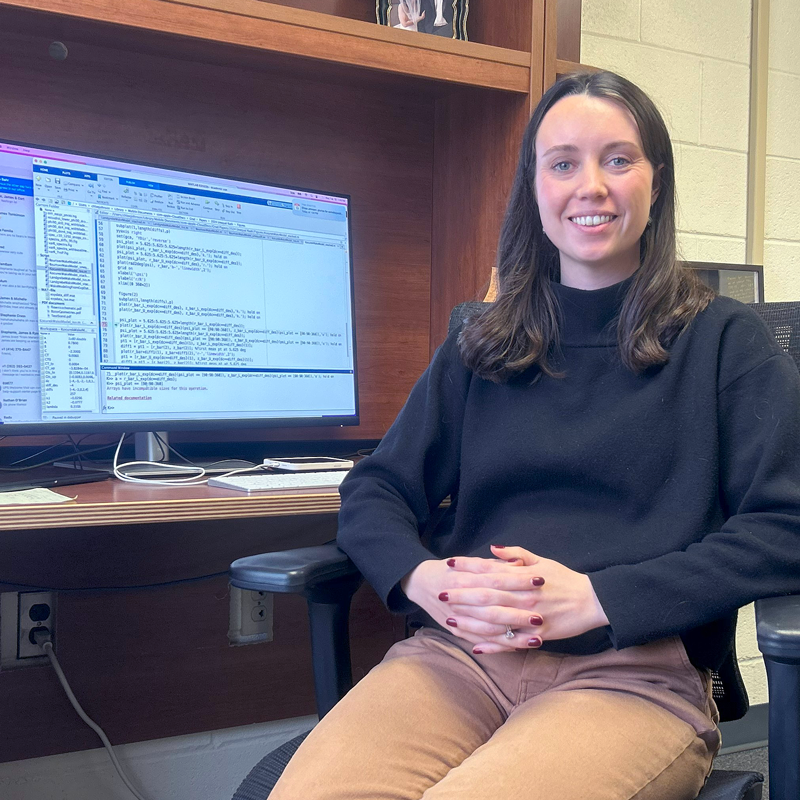
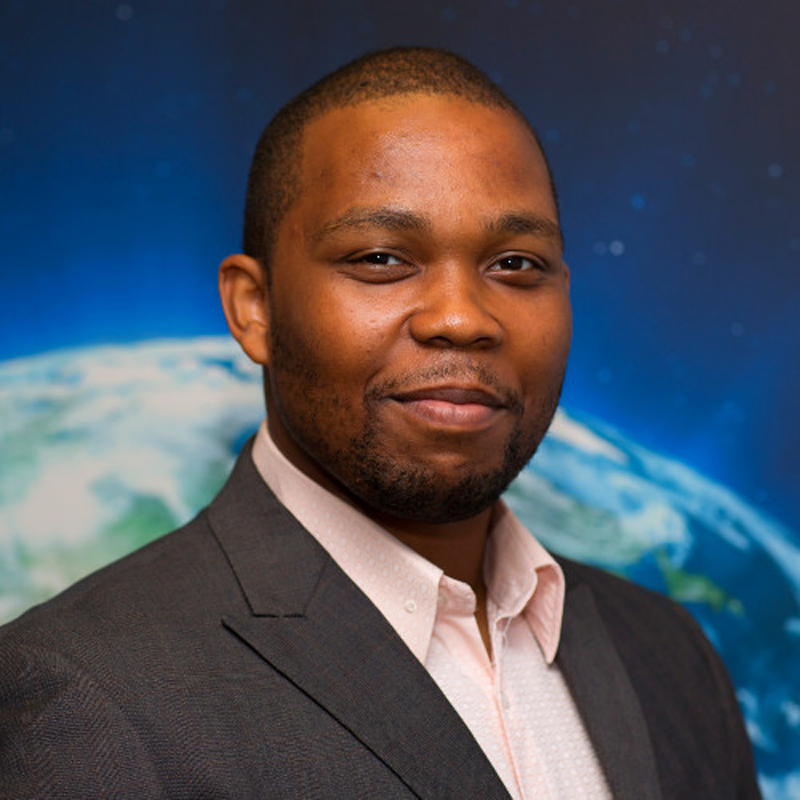
Recent Stories
Stories / Mar 12, 2025
Grant Duemmel Receives Outstanding Graduate Assistant Award

Stories / Mar 12, 2025
Celebrating Women in Aerospace Engineering: Chloe Johnson

Stories / Mar 10, 2025
Medical Deliveries by Drone: WBAL-TV Highlights UROC Tests

Stories / Mar 10, 2025
Developing Efficient Systems for Deep Sea Exploration

Stories / Mar 3, 2025
The Clark School Celebrates Women and Multiracial Engineers and...

Stories / Feb 28, 2025
MATRIX Lab Hiring Research Development Director

Stories / Feb 26, 2025
Celebrating Black Aerospace Engineers: Spencer Stebbins

Stories / Feb 24, 2025
Xavier Delgado Lands AIAA Best Paper Award

Stories / Feb 24, 2025
Aerospace Engineering Welcomes New Assistant Professor, Chloe...

Stories / Feb 20, 2025
Celebrating Black Aerospace Engineers: Ta’Von Johnson ‘19
